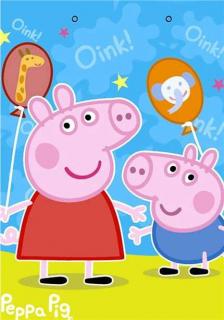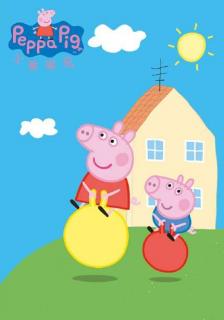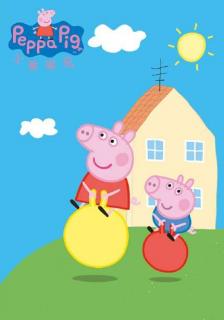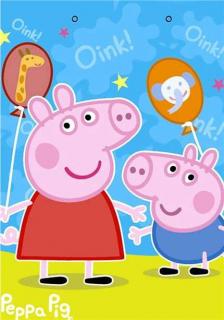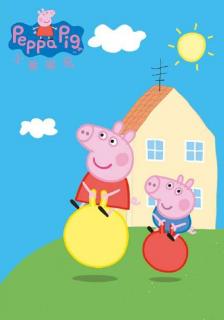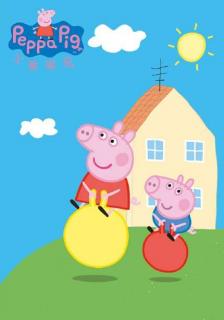a wild carnivorous mammal which is the largest member of the dog family, living and hunting in packs. It is native to both Eurasia and North America, but is much persecuted and has been widely exterminated.
狼。
used in names of similar or related mammals, e.g.
(用于类似或相关哺乳动物的名字)…狼(如鬃狼、袋狼)。
used in similes and metaphors to refer to a rapacious, ferocious, or voracious person or thing
〈喻〉 残忍凶狠的人,残暴的人;残忍的东西。
〈非正式〉 色狼,色鬼。
〈北 美,非正式〉 同性恋者。
a harsh or out-of-tune effect produced when playing particular notes or intervals on a musical instrument, caused either by the instrument's construction or by divergence from equal temperament
狼音,不谐和音,粗厉音。
devour (food) greedily
狼吞虎咽
-
he wolfed down his breakfast .他狼吞虎咽地吃完了早饭。
Hugo (Philipp Jakob) (1860—1903), Austrian composer. He is chiefly known as a composer of lieder, some of which are settings of Goethe and Heinrich Heine.
沃尔夫,雨果(·菲力普·雅各布)(1860—1903,奥地利作曲家;主要以利德作曲家闻名,一部分利德是为歌德和海因里希·海涅的诗歌所谱的曲)。
-
cry wolf call for help when it is not needed, with the effect that one is not believed when one really does need help 喊“狼来了”;发假警报 -
[ORIGIN with allusion to the fable of the shepherd boy who deluded people with false cries of ‘Wolf!’ ]
hold (或have )a wolf by the ears be in a precarious position 处于危急状况 -
keep the wolf from the door have enough money to avert hunger or starvation (used hyperbolically) (夸张地)免于穷困;免于挨饿I work part-time to pay the mortgage and keep the wolf from the door . 我做兼职是为了偿还购房抵押贷款和免于挨饿 -
throw someone to the wolves leave someone to be roughly treated or criticized without trying to help or defend them 弃某人于被粗鲁对待或批评而不顾 -
a wolf in sheep's clothing a person or thing that appears friendly or harmless but is really hostile 披着羊皮的狼,伪装友善的敌人 -
[ORIGIN with biblical allusion to Matt. 7 15.]
"Old English

 词典释义:
词典释义:









